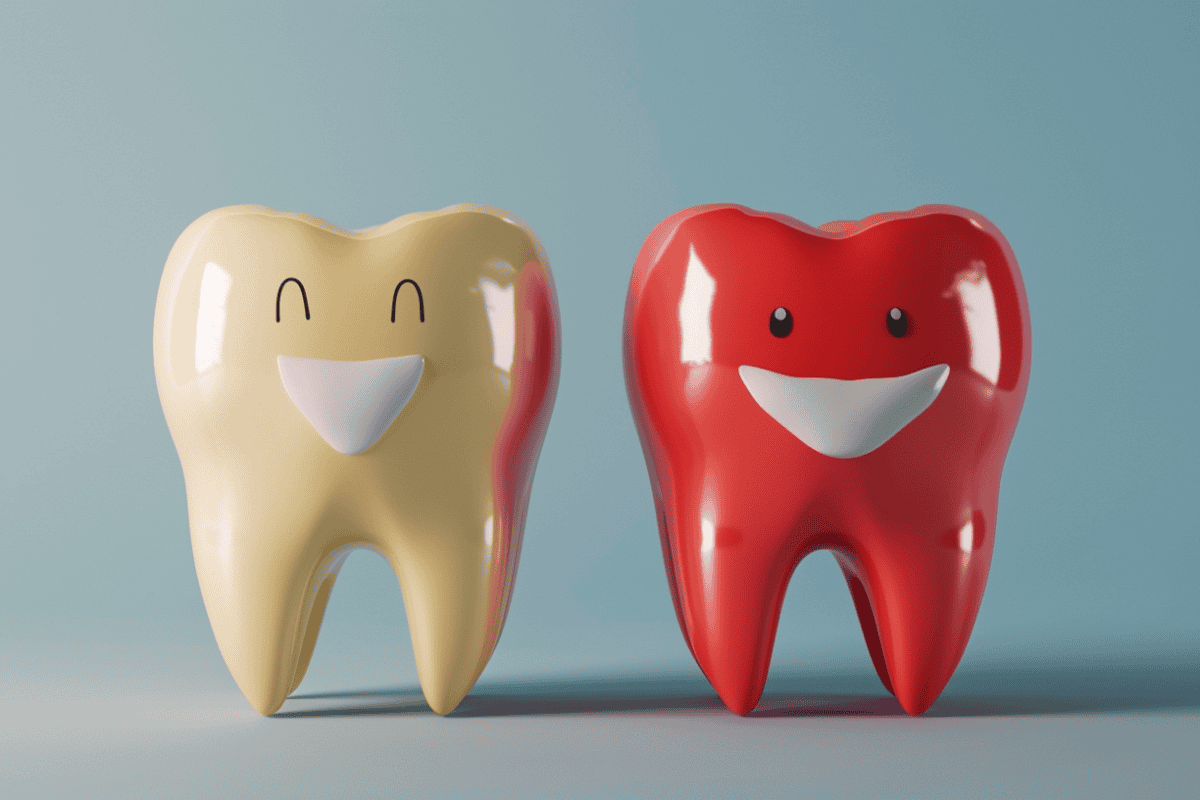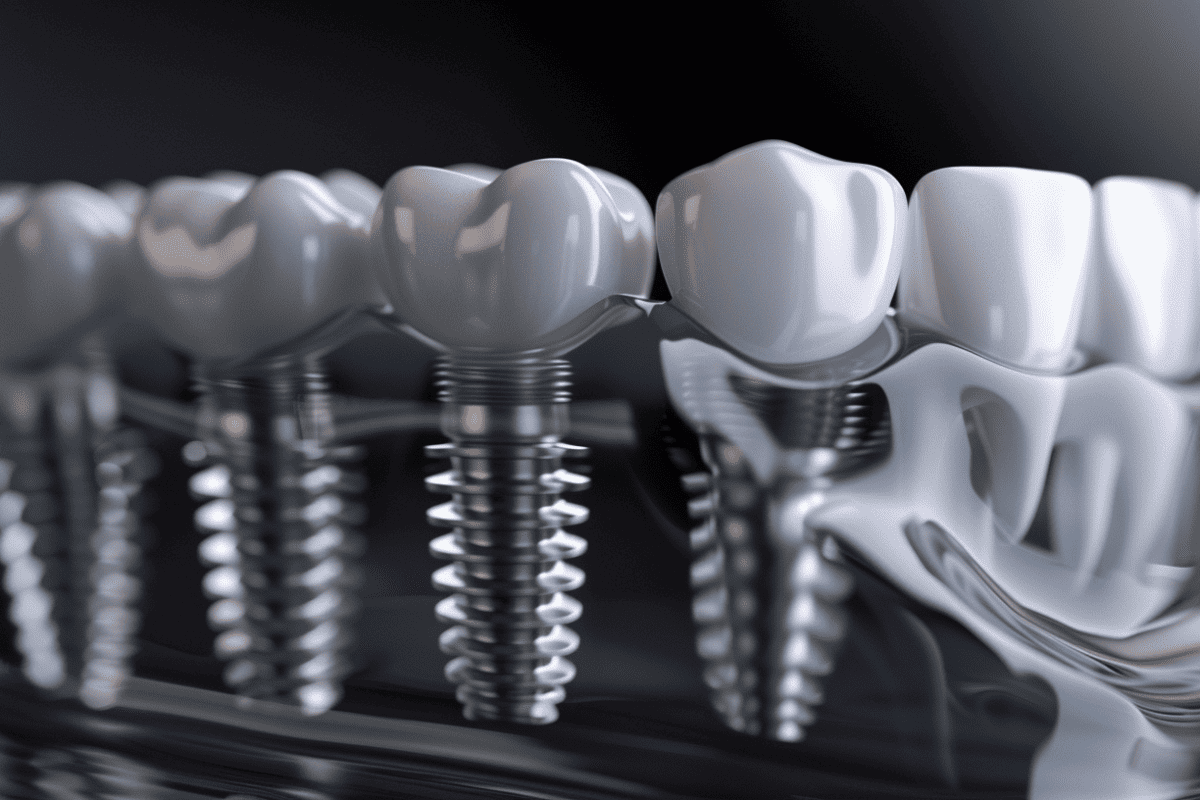Introduction
Dental anxiety, or the fear of dentists, is a common but often overlooked issue that affects millions of people worldwide. For some, it’s a mild unease that lingers in the background, while for others, it can be paralyzing and prevent them from seeking essential dental care. The good news is that dental anxiety can be overcome, and stress-free visits to the dentist are possible. In this article, we’ll explore the root causes of dental anxiety, its consequences, and strategies to conquer it, ensuring that your oral health remains a priority.
Understanding Dental Anxiety
Dental anxiety is a psychological condition characterized by fear, uneasiness, or stress associated with dental visits and procedures. It can range from mild apprehension to severe phobia. Several factors contribute to dental anxiety:
Past Traumatic Experiences: Negative experiences at the dentist during childhood or adulthood, such as painful procedures or unsympathetic dentists, can lead to lasting dental anxiety.
Fear of Pain: The fear of experiencing pain or discomfort during dental treatments is a significant source of anxiety. However, modern dentistry offers various pain management options to address this concern.
Fear of Loss of Control: Being in a vulnerable position in the dental chair, with little control over the situation, can trigger anxiety for some individuals.
Fear of Needles and Instruments: Dental tools, especially needles, can be intimidating. The sound, sight, or even the thought of these instruments can lead to anxiety.
Embarrassment or Shame: Some people are self-conscious about the condition of their teeth or the idea of a dentist seeing their mouth, which can be embarrassing.
The Consequences of Dental Anxiety
Dental anxiety can have several adverse consequences, such as:
Delayed Dental Care: One of the most significant consequences is delaying or avoiding necessary dental treatments. This delay can lead to more extensive and costly procedures in the long run.
Oral Health Issues: Neglecting dental care can result in various oral health problems, including cavities, gum disease, and even tooth loss.
Emotional Stress: Dental anxiety can lead to chronic stress and negatively impact a person’s overall mental well-being.
Compromised Physical Health: Poor oral health is linked to systemic health issues, including heart disease and diabetes. Dental anxiety can indirectly contribute to these conditions.
Overcoming Dental Anxiety
Overcoming dental anxiety is a gradual process that requires patience and open communication with your dentist. Here are some strategies to help you conquer your fear:
Choose the Right Dentist: Look for a dentist who specializes in treating patients with dental anxiety. They are trained to be empathetic and provide a comfortable and understanding environment. In the quest for quality dental care, choosing the right dentist is a pivotal decision. Your oral health and overall well-being depend on it. The journey to find your ideal dental professional begins with a crucial checklist. First, ensure they possess the qualifications and credentials that make them a “Pro Dentist.” These qualifications, often represented by a Doctor of Dental Medicine (DMD) or Doctor of Dental Surgery (DDS) degree, demonstrate their competence and knowledge.
Open Communication: Discuss your fears and concerns with your dentist. They can explain procedures, offer reassurance, and provide options for pain management or sedation.
Gradual Exposure: If your anxiety is severe, consider making a series of short, non-invasive visits to the dentist before tackling more significant procedures. This can help desensitize you to the dental environment.
Relaxation Techniques: Practice relaxation techniques, such as deep breathing or meditation, before and during dental appointments to reduce anxiety.
Distraction: Bring headphones and listen to calming music or an audiobook during the procedure to divert your attention.
Sedation Dentistry: Discuss sedation options with your dentist, such as nitrous oxide or oral sedatives, which can help you relax during treatments.
Positive Reinforcement: Reward yourself after dental visits, regardless of the outcome. Positive reinforcement can help shift your mindset.
Support System: Consider bringing a supportive friend or family member to your appointments to provide comfort.
Conclusion
Dental anxiety is a real and common issue, but it should not prevent anyone from maintaining good oral health. By understanding the causes of dental anxiety, recognizing its consequences, and using practical strategies to overcome it, you can enjoy stress-free dental visits. Remember that your dentist is there to help and support you in your journey towards a healthier and happier smile. Dental anxiety is conquerable, and with the right approach, you can embrace regular dental care with confidence and peace of mind.
This is a sponsored post
Digital Health Buzz!
Digital Health Buzz! aims to be the destination of choice when it comes to what’s happening in the digital health world. We are not about news and views, but informative articles and thoughts to apply in your business.


